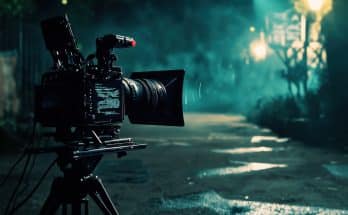Rebecca Hanser is a multi-talented actor, producer, writer, model and director based in London, working in film, theatre, and motion capture.
“A human being is capable of doing more than just one thing. So, don’t confine yourself to just one box”. – Rebecca Hanser
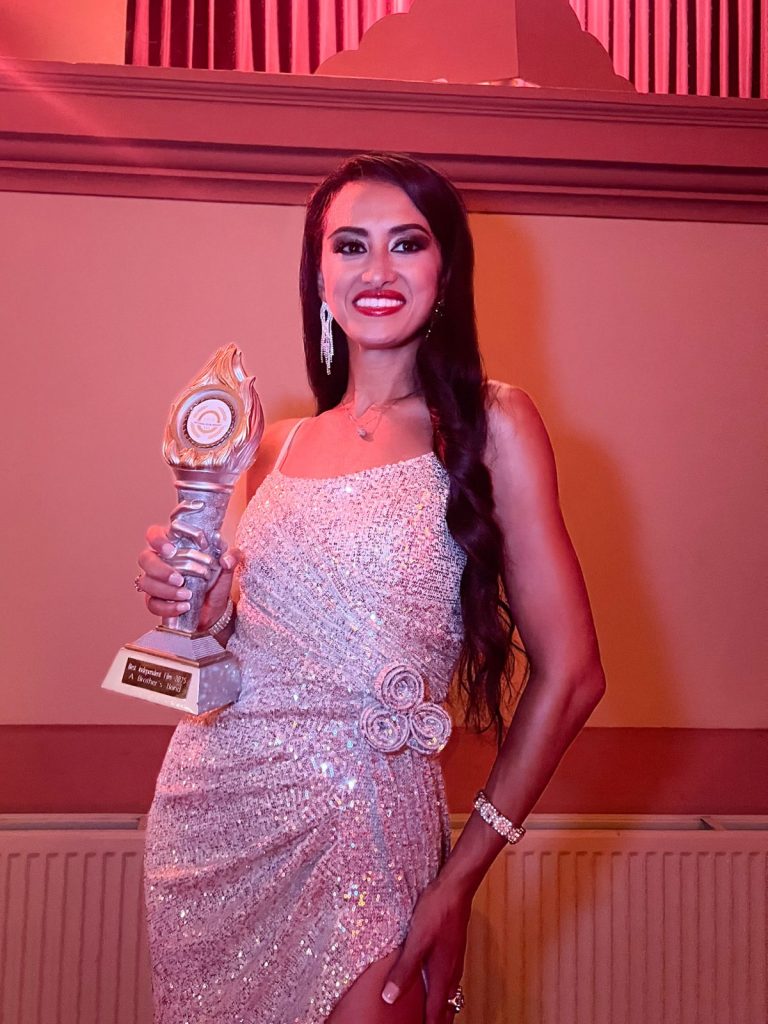
Rebecca Hanser – Podcast
Also available on Apple.
YouTube – Podcast
Also available on:
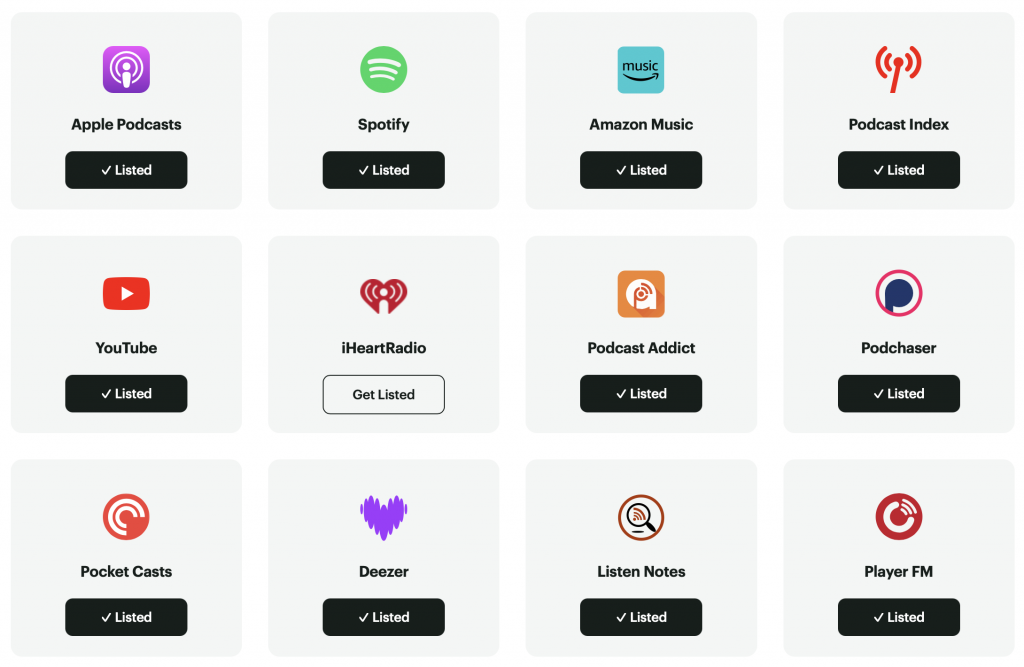
Scan the QR Code for the flip magazine version.
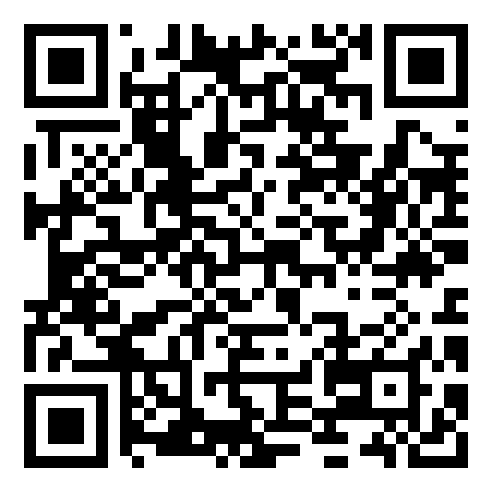
Film, Theatre, and Motion Capture
Rebecca Hanser is a multi-talented actor, producer, writer, model and director based in London, working in film, theatre, and motion capture. She has gained recognition for her feature films, including Portal to the Abyss (2024), Parasitus (2021), and Blade of the Assassin (2021), as well as her short films such as Third Life Crisis (2023), the award-winning Ghosted (2022), and A Tribute to Frida (2021). Additionally, she contributed to the BAFTA-winning Netflix series The Witcher Season 3, which received accolades for Best Special, Visual, and Graphic Effects.
Passion For Films
From a young age, Rebecca developed a strong passion for films and credits watching movies as a key factor in learning English. Although she initially focused on writing, her interest in acting emerged later. She pursued an impressive academic career, earning a Bachelor’s degree in International Business Management from The Hague University and a Master’s degree in Anthropology and Journalism from Leiden University. To support herself through college, she worked in modelling and hospitality, which also allowed her to travel extensively. As a result, Rebecca is fluent in several languages, including Spanish, Portuguese, German, and French, in addition to her native Dutch and English.
Rebecca Hanser – Projects
Her growing interest in acting led her to several successful projects in Dutch cinema, such as Poolshoogte (2014). This prompted her move to London, where she trained at the esteemed Drama Centre London, earning a Master’s in Screen acting. The program’s unique structure, which paired actor and director students, provided her with valuable behind-the-camera experience. During this time, she became an in-house cast member of The People’s Company, playing the role of Titania in their production of A Midsummer Night’s Dream (2019) in partnership with the Southwark Playhouse. She also toured the UK with the Extreme Improv Comedy Club, directed by David Pustansky. Her passion for Flamenco dance blossomed during this period, culminating in the short documentary Andalusia (2018). Her latest stage performance was in the show “Pigs,” produced by SweinHaus at the Cockpit Theatre in London.
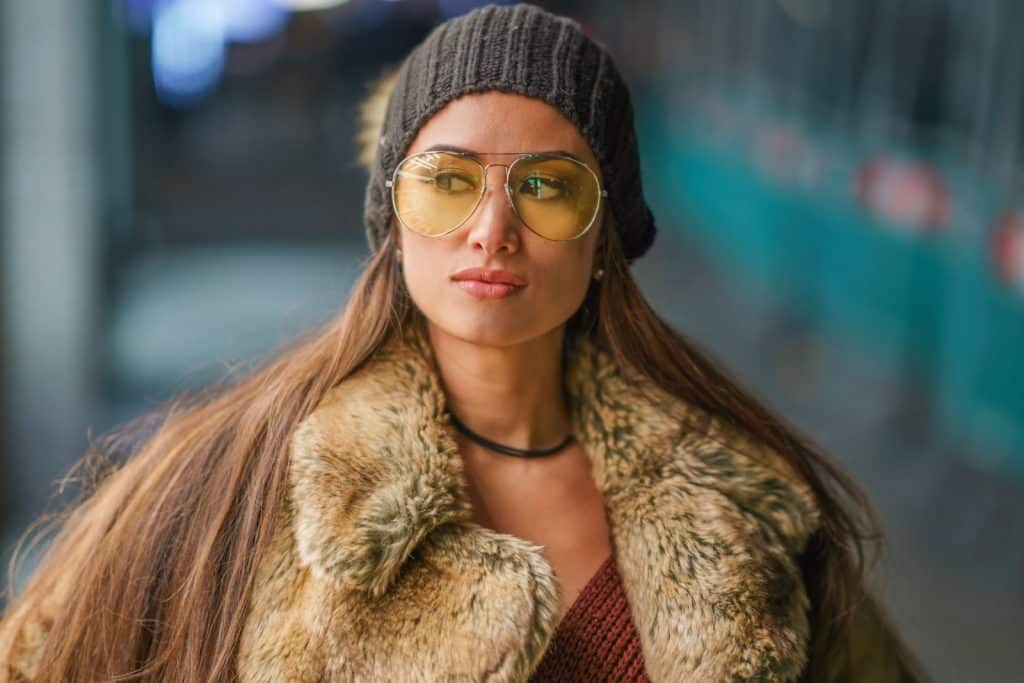
Skill Set
After appearing in the short film Before You Were Born (2017), Rebecca expanded her skill set by training in filmmaking, screenwriting, editing, and producing. She co-produced and wrote projects like Fallen from Grace (2018). Her horror films Panic (2019) and Tormented (2019) achieved success within London’s film festival circuit, receiving praise at the Raindance Film Festival. Rebecca is also dedicated to martial arts, practising Taekwondo, Muay Thai, Jiu Jitsu, and Kickboxing, as well as gymnastics and contemporary dance, making her a versatile physical actress known for her abilities in stage and screen combat.
Rebecca Hanser – Directing
She launched her directing career with the short film A Tribute to Frida (2021), for which she handled writing, editing, and acting duties. This experience laid the groundwork for her production company, Visualise Productions. After gaining valuable experience in VFX coordination at post-production firms like MPC/The Mill and Cinesite, and working on Netflix’s The Witcher Season 3, as well as films like The Family Plan and The Union, she decided to concentrate entirely on directing, writing, producing, and acting, establishing Visualise Productions as the core of her creative endeavours. Her most recent project, which she produced and directed entirely, is Third Life Crisis.
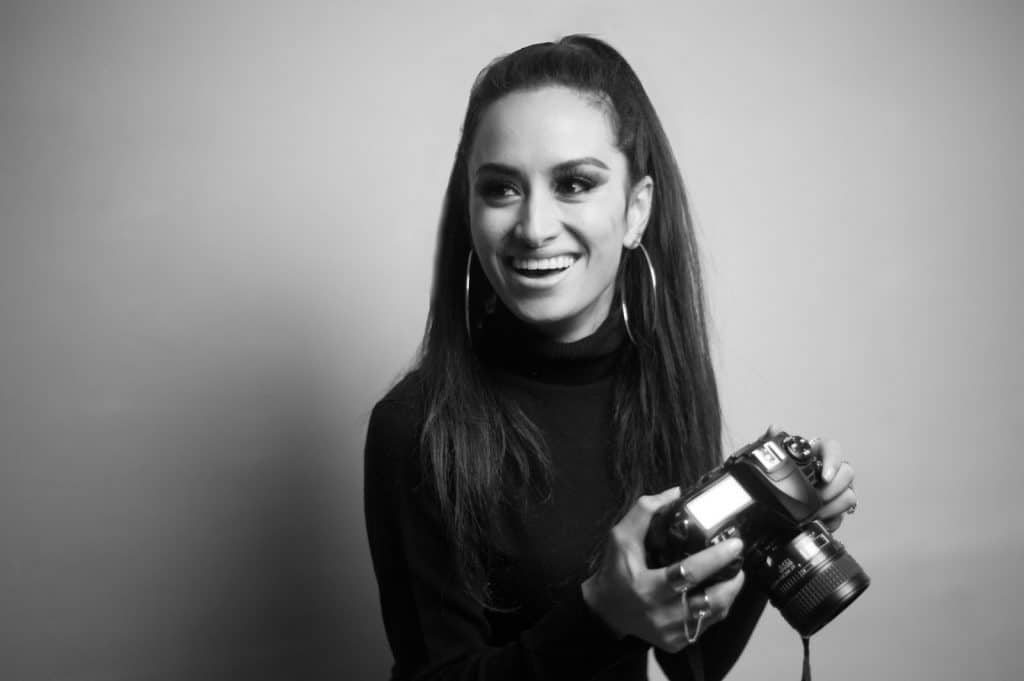
Rebecca Hanser – Interview
What motivated you to pursue a career in modelling, and how did you start your journey in the industry?
I was in college at the time, and although I was initially quite shy, a photographer friend asked me to model for him as part of a university project.
As soon as I stood in front of the camera, it felt like I came alive. I became incredibly comfortable, creating characters, moving, and posing as the world around me disappeared.
That’s when I realised that this was something I wanted to do more of. Through word of mouth, I began to receive more jobs, and eventually, I joined agencies. That was the beginning of my journey.
Can you describe a memorable moment from your modelling or runway experiences that stands out to you?
One memorable moment was a fashion show for a young designer called Debora Lima. Her collection was called Jungle Fever, and we had these lovely flowing dresses.
Unfortunately, as I started my catwalk, I realised the train of my dress was stuck to my heels, and it was my turn to go. The team stood too far away to realise what was going on and too far away to help, so I had to put on my poker face.
As a perfectionist, it was frustrating, but I had to set aside my annoyance and just go for it! Somehow, I managed to make it through, and the show turned out to be a huge success. Fortunately, I am also an actress, which comes in handy as in those unexpected moments, I still need to remain confident and in control. Even if I feel like I don’t, you still have to pretend. They say “fake it till you make it”, and yes, that does sometimes help. Staying confident in moments when you want to run and hide becomes an art and an important lesson to learn in this business.
How do you prepare both physically and mentally before a fashion show or photoshoot?
I don’t have the same preparation process for modelling as I do for acting. When it comes to modelling, I usually do some stretches, especially if I know I’ll be in heels for an extended period. However, I try to relax as much as possible and enjoy the entire experience. I chat with the other models because a fashion show is a collaborative event that involves choreography. Getting along with everyone is definitely a big advantage.
What challenges have you faced as a model in the international fashion scene, and how have you overcome them?
The biggest challenge is probably competition and never really having the right size. I think it helps, first and foremost, to know yourself and your strengths. Just because you’re rejected for one job doesn’t mean you won’t get the next.
This goes hand in hand with my acting, which requires the same level of confidence and awareness of personal identity and self-worth. In an industry where it’s all about aesthetics and looks, you need to realise one day you’re the it-girl and the next day, someone else is in the spotlight. Don’t let that define you. And that doesn’t make everyone else the enemy either. If you know your worth, getting or missing out on a job shouldn’t shake your world.
Furthermore, it would be good to always have a backup plan and other skills to focus on. Unless you are Naomi Campbell, who can solely rely on modelling – but only because she made a brand out of herself- it’s always good to hustle in other ways.
How do you balance the demands of your modelling career with your personal life?
Effective planning, scheduling, and strategising require discipline and consistent habits. This approach allows you to manage a busy and demanding career, as everything is organised.
What advice would you give to aspiring models trying to break into the international market?
Be yourself and know yourself! Prioritise your health and stay fit to ensure you’re in good shape. Remember, health comes before everything. As an aspiring model, it’s essential to prioritise your skin care and physical fitness. Always give your best effort and be kind and respectful to others, whether you’re participating in a show or attending a networking event.
Make sure you have both online and printed portfolios ready to showcase your work. Ensure all your social media channels maintain a professional appearance. Maintain your personal life’s privacy and always conduct yourself professionally, politely, and respectfully. Remember, you are your own brand!
In your opinion, how has the fashion industry changed in terms of diversity and inclusivity over the years?
The fashion industry has made significant improvements in terms of diversity, which I view as a positive development. As a woman of colour, I appreciate seeing diversity become a priority. Beauty comes in all shapes, sizes, and colours, and the fashion industry should embrace and reflect this reality. Beauty standards vary across different regions of the world; what is considered beautiful in the UK may not be the same in Peru or Korea, and that’s perfectly fine. There is growth potential in that uniqueness.
Credits
Website cover photographer: Amar Chundavadra
Rebecca Hanser – Instagram
Rebeca Hanser – Website
Join us on Instagram
Contact Us


